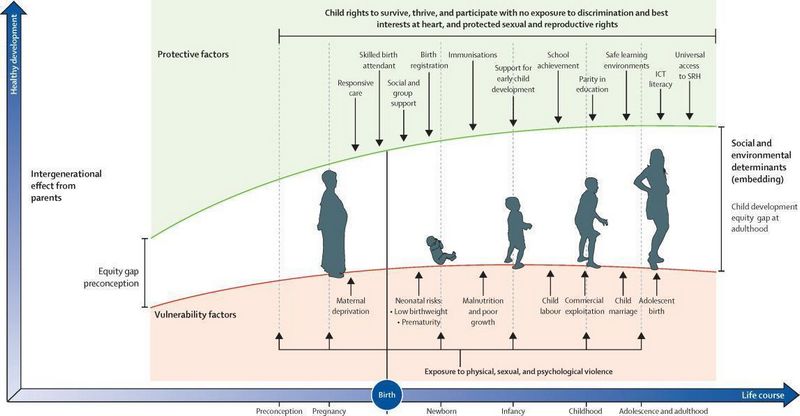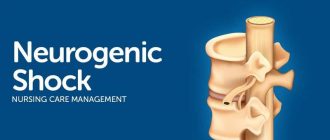
From Birth to Adulthood: Understanding MALS Onset.
Malrotation of the digestive system, also known as Median Arcuate Ligament Syndrome, is a rare condition that affects individuals from birth to adulthood. It occurs when the median arcuate ligament, a fibrous band of tissue in the abdomen, compresses the celiac artery and nearby vessels, leading to various symptoms and complications. This comprehensive guide aims to provide a detailed understanding of MALS onset, its progression, and its impact on individuals throughout their lives.
From birth, individuals with Mals Syndrome may experience symptoms such as abdominal pain, nausea, and vomiting. However, the condition often goes undiagnosed or misdiagnosed, as these symptoms can be attributed to other common childhood ailments. As the individual reaches adolescence and adulthood, the symptoms may become more severe and persistent, affecting their quality of life and overall well-being.
Understanding the onset of Median Arcuate Ligament Syndrome is crucial for early detection and appropriate management. This guide will delve into the different diagnostic methods available, including medical imaging techniques and diagnostic laparoscopy. It will also explore the various treatment options, ranging from conservative approaches such as dietary modifications and pain management, to surgical interventions like median arcuate ligament release.
Additionally, this guide will delve into the long-term effects of this condition. As individuals progress from childhood through adolescence and into adulthood, the course of their symptoms can differ. Some might find relief as they age, while others continue to face persistent challenges. The guide offers insights into potential complications and considerations for those living with the condition throughout their life.






